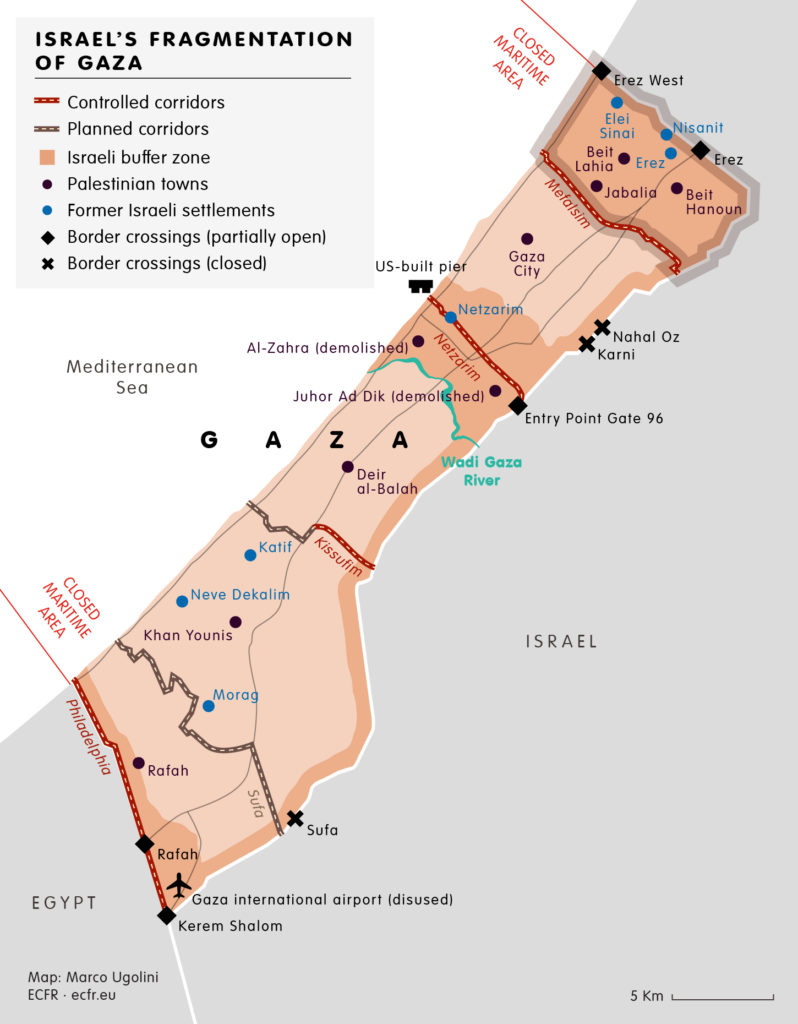Amid the frenzy of election news in the United Kingdom and France this weekend, Germany quietly performed the geopolitical equivalent of a clumsy pirouette in west Africa, announcing that it would withdraw soldiers it has stationed at a logistics airfield in Niger. Berlin had lobbied for the last year to keep its Bundeswehr sleeping base in Niger, which could be activated to evacuate officials in the not-unlikely scenario that a Sahelian capital falls to jihadist groups. Now, as an almighty humanitarian crisis billows out across the Sahel, Germany joins the long list of Western countries that have scuttled unceremoniously out of Mali, Burkina Faso, and Niger.
A decade of military, developmental, and humanitarian European interventions in west Africa has failed comprehensively. Europe’s standing has waned because of France’s perceived arrogance, repeated failures to stop the insurgents, unwillingness to give the Sahelian militaries weapons, and a tsunami of Russian and Chinese disinformation. Europe is now confronted with three deeply antagonistic and often irrational governments.
Europe’s dilemma
The fundamental question is: to what extent should European countries engage with Sahelian juntas?
Europeans need to acknowledge how complex and ugly the situation is and engage in a realistic way to try to avert complete state collapse. This starts with recognising their failings over the last decade. They should consider different types of support, including training Sahelian troops in third countries. Having three failing states on Europe’s southern border is in no one’s interests – apart from Putin’s.
Europeans should maintain their embassies and development aid where possible. A hardline approach, in which they firewall the juntas for doing deals with powers hostile to Europe is a sign of weakness, not strength. It means abandoning tens of millions of Sahelians who desperately need support and leaving even more space for Europe’s adversaries in the region. Some coordination and simplification of approaches would benefit everyone. The current potpourri is bewildering to many European officials, let alone friends and allies across western Africa.
In response to the wave of Chinese and Russian disinformation, Europeans also need to shift the narrative onto the manifold failings and exploitative practices of other powers in the region. They should invest in non-official communication channels which speak to people in their own language and expose what hostile powers are doing, be it murder or loot.
Things fall apart
The key reason for the sudden withdrawal of German troops was probably that their diplomatic immunity was not renewed.
Just a few years ago, Niger’s former president Mohamed Bazoum, an eloquent democrat, was lauded as Europe’s key ally in west Africa. With him at the helm, the European Union and its member states bet on Niger as their indispensable ally in the fight against the world’s largest jihadist insurgency.
But Bazoum was overthrown in a coup led by the head of his presidential guard, General Abdourahamane Tchiani, in July 2023. An empty threat by ECOWAS, the west African regional body, alongside some European governments to restore him to power proved disastrous, entrenching the junta’s power. Bazoum has been languishing under house arrest since and will soon face trial for high treason, with a possible death penalty if convicted.
Things could change for the worse very soon. Local forces are undertrained, underequipped, and often deeply traumatised. This is most acute in Burkina Faso, where the state controls at most 40 per cent of the country’s territory, with al-Qaeda-allied Nusrat-Al Islam and Islamic State in the Greater Sahara controlling about 40 and 10 per cent, respectively. The military’s scorched-earth policy is leading to regular massacres of ethnic minority villagers: it was privately recording about 500 casualties a week earlier this year and is burying bodies in dribs and drabs to avoid gatherings of mourners.
The European Council on Foreign Relations does not take collective positions. ECFR publications only represent the views of their individual authors.
Source link











